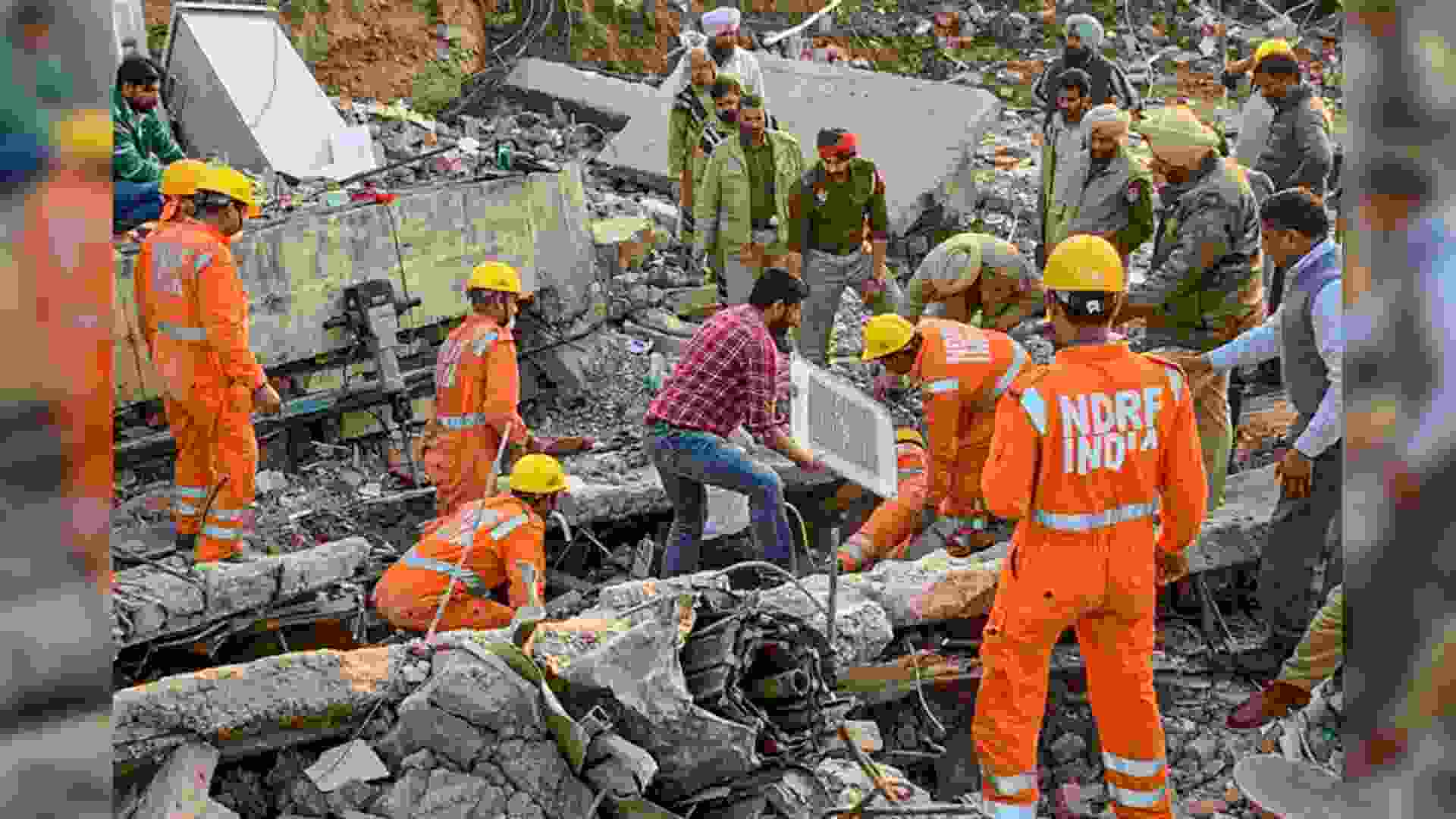Pakistan Army Chief General Asim Munir has publicly acknowledged the military’s involvement in the Kargil War, marking a significant shift in Pakistan’s stance on the 1999 conflict. This admission, made during a recent Defence Day speech, represents the first time a serving Pakistani army chief has openly addressed the army’s role in the controversial operation.
Historic Admission on Defence Day
General Munir made the revelation while speaking at the General Headquarters in Rawalpindi, commemorating the country’s 59th Defence Day. He remarked, “Be it 1948, 1965, 1971 or 1999 Kargil-Pakistan India wars, thousands of Shuhadas (martyrs) have sacrificed their life for the country and nation.” This statement is significant as it publicly confirms the military’s involvement in the Kargil conflict, a topic previously shrouded in denial and controversy.
Breaking: First time ever Pakistani Army accepts involvement in Kargil War; Sitting Pakistan Army Chief General Asim Munir confirms Pakistan Army involvement in Kargil War with India
Related NewsPS: Pakistani army has never publicly acknowledged its direct role in the Kargil War, so far pic.twitter.com/UgCUMfXHt9
— Sidhant Sibal (@sidhant) September 7, 2024
Past Denials and New Revelations
Historically, Pakistan’s military and political leaders, including former army chiefs and politicians like Pervez Musharraf and Nawaz Sharif, have distanced themselves from the Kargil operation. The official narrative often portrayed the infiltrators as “Kashmiri freedom fighters,” rather than acknowledging their role as Pakistani military personnel.
In contrast, India has consistently maintained that the Kargil operation was a deliberate military strategy by Pakistan to alter the Line of Control (LoC) and assert its claim over Kashmir. The conflict, marked by intense high-altitude combat, involved Pakistani troops infiltrating Indian territory and occupying strategic heights.
Operation Vijay and Its Outcome
In response to the Pakistani infiltration, the Indian Armed Forces launched Operation Vijay, which spanned from mid-May to July 1999. The operation aimed to recapture critical positions held by Pakistani infiltrators. The conflict culminated on July 26, 1999, with the Indian Army announcing the complete eviction of Pakistani forces from Indian territory.
The Kargil War was characterized by fierce battles in one of the world’s most challenging terrains. The Indian Army successfully regained control of Tiger Hill and other strategic locations, ultimately driving out the Pakistani intruders and bringing the conflict to a close.







